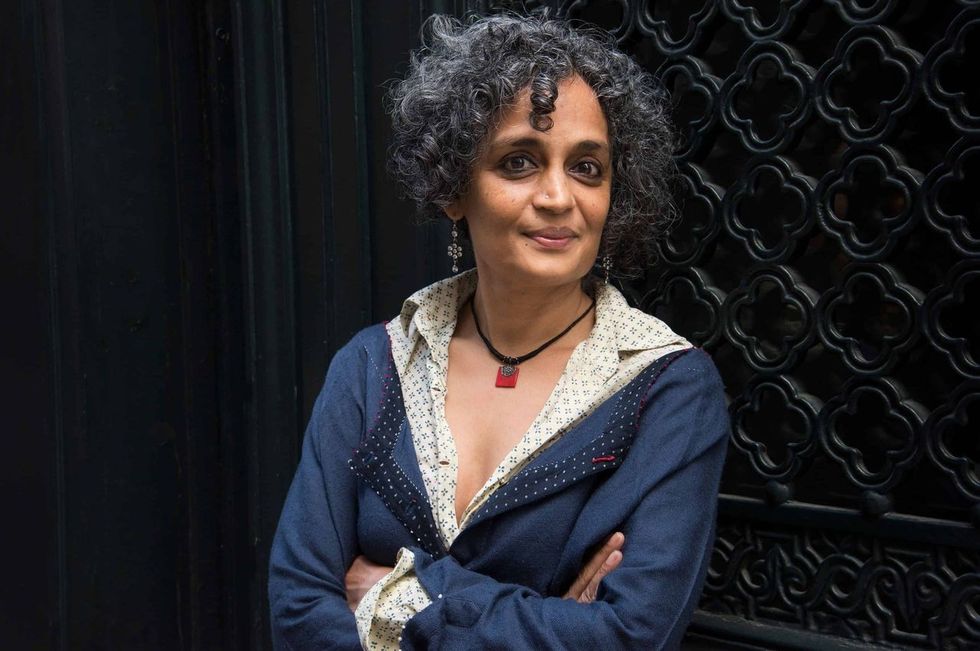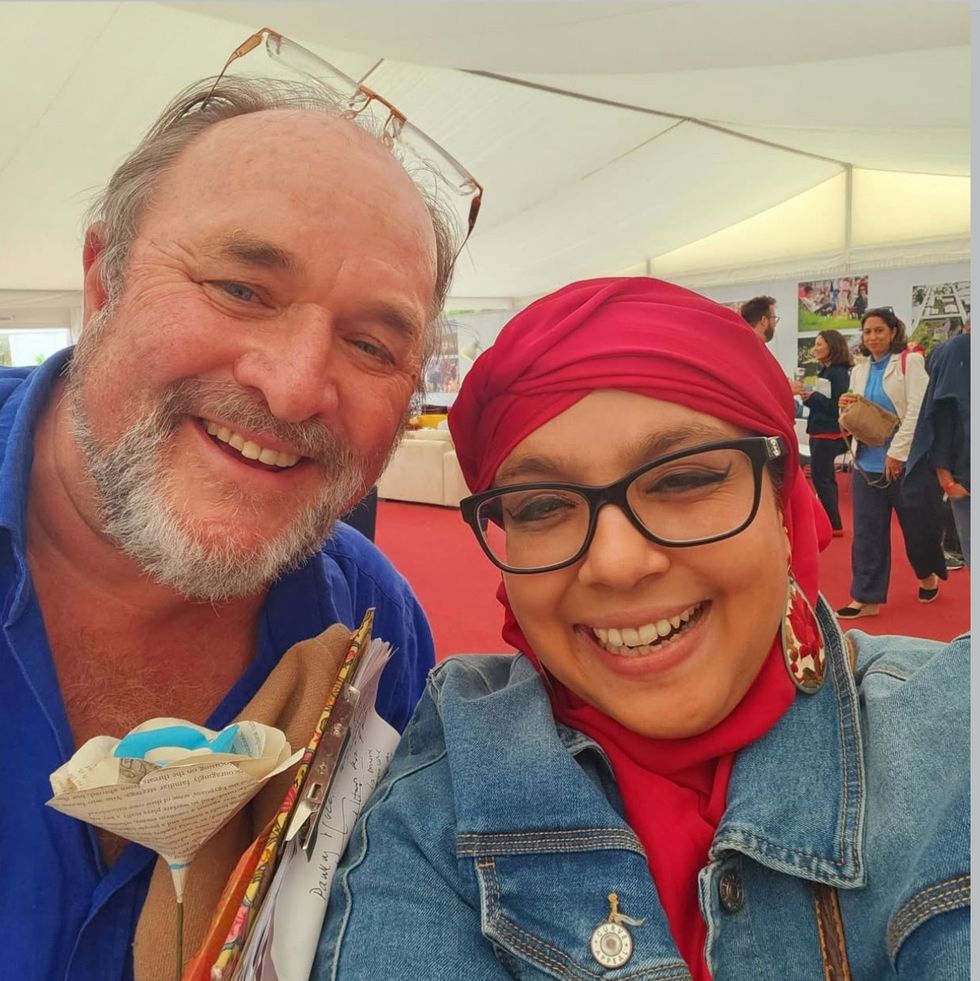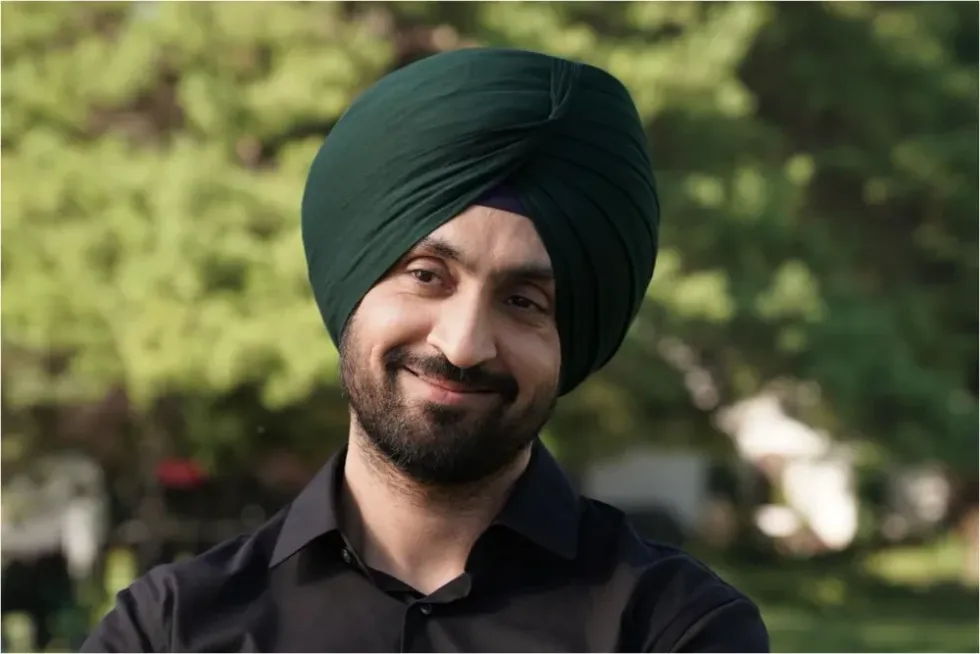DID you know there was an Indian elected as an MP in 1892?
Dadabhai Naoroji, also known as the Grand Old Man of India, was born in Bombay [now Mumbai] in 1825. He was involved in politics and in 1886, was elected as president of the Indian National Congress, an organisation which evolved into India’s first ruling political party in 1947.
Naoroji was also an academic, and held various positions, including as a professor of maths in Bombay and a professor of Gujarati at UCL in London.
When he moved to England, he joined the Liberal Party, and in 1892, was elected as an MP to represent Finsbury.
His journey to parliament was not easy, with Lord Sailsbury (who was prime minister) stating that England was not ready to “elect a black man”.
As he was not a Christian, Naoroji didn’t take the oath of office on the Bible, but was allowed to use his copy of the Khordeh Avesta (the Zoroastrian religious text).
Naoroji was involved in many different political campaigns. For example, he advocated for Irish Home Rule and was a fervent supporter of social reform, which undoubtedly led him to support the suffragette movement. He was a frequent visitor to the Pankhursts’ home in Russell Square in the 1880s and he was also a member of the Women’s Franchise League.
His commitment to bettering the lives of women was obvious when, in the 1840s, he opened a school for girls in Bombay.
He was also known for his “drain theory”, which centred around raising awareness about the financial ruin the British were imposing on India via taxation and trade regulations.
Naoroji is a Hidden History story that crosses so many aspects of British life. Not only was he the first Asian MP, but he also fought for the freedom of many marginalised groups, from women in Britain who didn’t have the vote, to advocating for the Irish and Indians; both of which were tied to the British empire.
We may think of Asian MPs as a relatively new phenomenon, but Naoroji proves us wrong.
Shalina Patel is the head of teaching and learning in a large comprehensive school in north-west London. Patel runs the History Corridor on Instagram, which has more than 15,000 followers and showcases the diverse history that she teaches. She has delivered training to more than 200 school leaders since July 2020 on decolonising the curriculum. Patel won the Pearson Silver Teaching Award 2018 for Teacher of the Year in a Secondary School.






 LONDON, ENGLAND - JUNE 22: Baroness Floella Benjamin speaks during the unveiling of the National Windrush Monument at Waterloo Station on June 22, 2022 in London, England. The photograph in the background is by Howard Grey. (Photo by John Sibley - WPA Pool/Getty Images)
LONDON, ENGLAND - JUNE 22: Baroness Floella Benjamin speaks during the unveiling of the National Windrush Monument at Waterloo Station on June 22, 2022 in London, England. The photograph in the background is by Howard Grey. (Photo by John Sibley - WPA Pool/Getty Images)









 Ed Sheeran and Arijit Singh
Ed Sheeran and Arijit Singh Aziz Ansari’s Hollywood comedy ‘Good Fortune’
Aziz Ansari’s Hollywood comedy ‘Good Fortune’ Punjabi cinema’s power-packed star cast returns in ‘Sarbala Ji’
Punjabi cinema’s power-packed star cast returns in ‘Sarbala Ji’ Mahira Khan
Mahira Khan ‘Housefull 5’ proves Bollywood is trolling its own audience
‘Housefull 5’ proves Bollywood is trolling its own audience Brilliant indie film ‘Chidiya’
Brilliant indie film ‘Chidiya’  John Abraham
John Abraham Hina Khan and her long-term partner Rocky Jaiswal
Hina Khan and her long-term partner Rocky Jaiswal  Shanaya Kapoor's troubled debut
Shanaya Kapoor's troubled debut Sana Yousuf
Sana Yousuf



 Shraddha Jain
Shraddha Jain Arundhati Roy
Arundhati Roy William Dalrymple and Onjali Q Rauf
William Dalrymple and Onjali Q Rauf Ravie Dubey and Sargun Mehta
Ravie Dubey and Sargun Mehta Money Back Guarantee
Money Back Guarantee Homebound
Homebound Guru Dutt in Chaudhvin Ka Chand
Guru Dutt in Chaudhvin Ka Chand Sarita Choudhury
Sarita Choudhury Detective Sherdi
Detective Sherdi